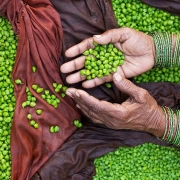The Chennai Resilience Centre (CRC) has made significant advancements in 2024-2025 across its core programmes.
The Chennai Urban Farming Initiative (CUFI) expanded its urban gardens to 168 locations, including 10 new schools/Anganwadis, demonstrating substantial urban cooling (2-3°C cooler on average, up to 7°C maximum difference). This initiative also provided green livelihood skills to 245 women, with 16 women collectively earning approximately INR 60,000.
The Urban Ocean Programme’s “We Segregate” project in Kasturba Nagar notably improved waste segregation behaviour, reducing “not segregating” buildings from 48% to 31% and increasing “segregating well” from 37% to 54%. This diverted 5920 kg of organic waste and 364 kg of food packaging plastic from landfills, and Chennai successfully hosted the first in-person Urban Ocean Summit in June 2024.
The Water as Leverage (WaL) Water Balance Pilot Project at Little Flower Convent, operational since August 2023, successfully treats 27,000 litres of grey and black water daily, eliminating sewage back-flow and improving water quality well above discharge standards. CRC also conducted capacity-building for 29 Greater Chennai Corporation Storm Water Drain Engineers and signed an MoU with the Tamil Nadu Green Climate Company to further these flagship programmes.
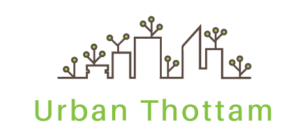
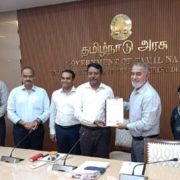
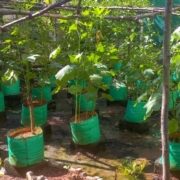
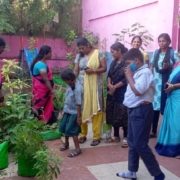
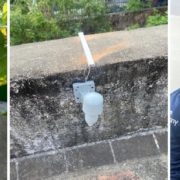 Chennai Resilience Centre
Chennai Resilience Centre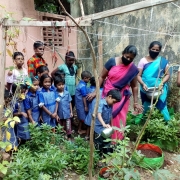 Chennai Resilience Centre
Chennai Resilience Centre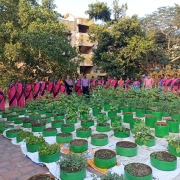 Chennai Resilience Centre
Chennai Resilience Centre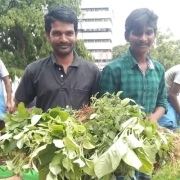 Chennai Resilience Centre
Chennai Resilience Centre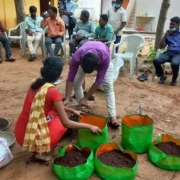 Chennai Resilience Centre
Chennai Resilience Centre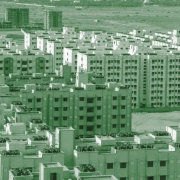 Chennai Resilience Centre
Chennai Resilience Centre